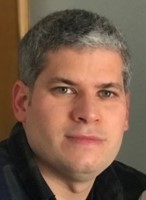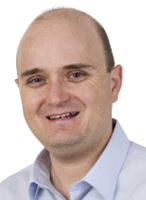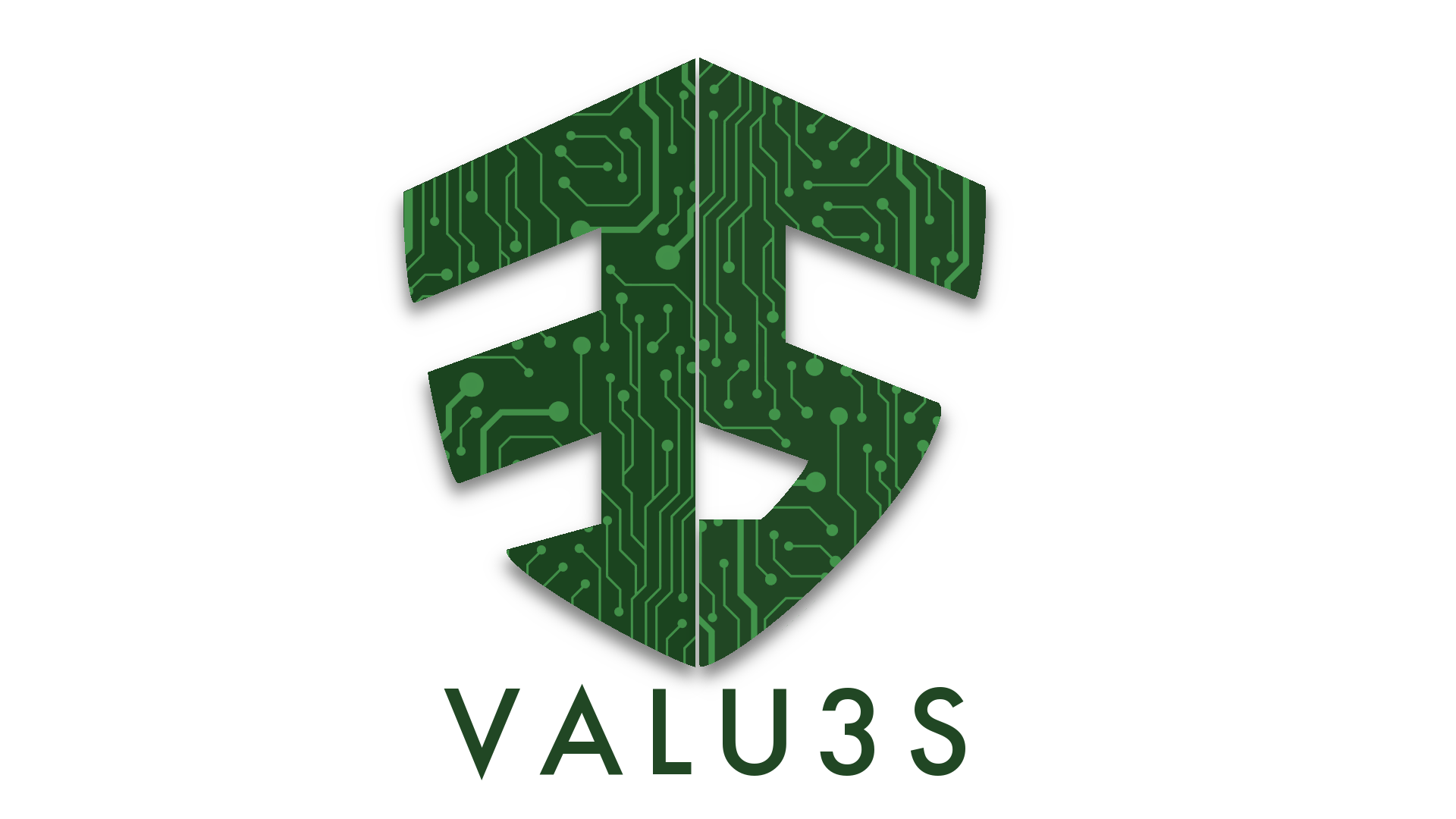Among the existing general systems engineering approaches, there exists a growing interest in industry towards the so-called Knowledge Centric Systems Engineering (KCSE) [2]. It can be regarded as a specialisation of model-based systems engineering based on the idea that all systems engineering processes are affected by the existence of a knowledge base about a system and its lifecycle. The base relates to all the systems engineering processes and enables improvements in the quality of their outputs [6], traceability of the artefacts [1], and system reuse [4]. In essence, the activities of any systems engineering process can take advantage of a knowledge base, including V&V activities.
The implementation of KCSE requires suitable methods and tools that manage and exploit the knowledge base for, e.g., system specification, quality analysis, and asset search. An example is the Systems Engineering Suite (SES) by The REUSE Company [7]. SES is a commercial solution for KCSE used by large companies, e.g., Airbus, Ariane, and Toyota, among others. SES includes several tools that support different key KCSE activities:
- V&V management with V&V Studio
- System artefact quality analysis with RQA – Quality Studio
- Text-based system specification with RAT – Authoring tools
- Traceability management with Traceability Studio
- Ontology management with Knowledge Manager
SES also has connectors with many other tools with which system information can be exchanged, such as DOORS, Rhapsody, Simulink, and via OSLC (Open Services for Lifecycle Collaboration).
The ontologies that SES exploits [3] consist of five different parts:
- Vocabulary, with the terms of a domain and their syntactic information, e.g., ‘car’ is a noun;
- System Conceptual Model, dealing with semantics and relationships, e.g., the semantics of ‘car’ can be ‘system’ and it specialises ‘vehicle’;
- Patterns, for structured system information specification through templates (aka boilerplates);
- Formalization, dealing with the semantic representation of system information according to patterns, and;
- Reasoning, with procedures to derive information, e.g., about specification correctness considering the structure and the content of textual requirements and of model elements.

In the scope of VALU3S, two KCSE methods have been improved [5]. Knowledge-centric system artefact quality analysis aims to quantitatively determine the suitability of system artefacts by exploiting ontologies and semantic information, and according to selected criteria, such as correctness, consistency, and completeness. This method has been improved by linking it with compliance needs (e.g., through checklists for compliance assessment) and by defining new means for extended model quality analysis (e.g., for quality analysis of Arcadia/Capella diagrams). Knowledge-centric traceability management aims to manage the relationships between system artefact by taking advantage of ontologies and semantic information. This method has been improved by enhancing the traceability management process supported (e.g., via the definition of maps for traceability projects and advanced trace information retrieval configuration). The RQA – Quality Studio and Traceability Studio tools have also been improved to implement and support the new features of Knowledge-centric system artefact quality analysis and of Knowledge-centric traceability management, respectively.

During the last months of VALU3S, the focus of KCSE with SES will be on the application and evaluation of the KCSE methods and tools that have been improved. This will be conducted in the scope of an industrial use case on neuromuscular transmission for muscle relaxation measurements. The corresponding medical device aims to simplify the protocol to be followed by anaesthetists to monitor, in an operating room, the level of muscle relaxation, i.e., the deliberate paralysis of the totality of skeletal muscles of a patient under general anaesthesia. SES will support system artefact quality analysis and traceability management of the device.

References
(1) de la Vara, J.L., Parra, E., Alonso, L., López, B., Álvarez-Rodríguez, J.M.: Integration of Tool Support for Assurance and Certification and for Knowledge-Centric Systems Engineering . 9th IEEE International Workshop on Software Certification (WoSoCer 2019)
(2) Gallego, E.: KCSE Principles: Enhancing SE activities with a Global KM approach. 26th IEEE International Requirements Engineering Conference (RE 2018)
(3) López, B., Álvarez-Rodríguez, J.M., Parra, E., de la Vara, J.L.: Ontology Configuration Management for Knowledge-Centric Systems Engineering in Industry. 50th IEEE/IFIP International Conference on Dependable Systems and Networks (DSN 2020)
(4) Mendieta, R., de la Vara, J.L., Llorens, J., Álvarez-Rodríguez, J.M.: Towards Effective SysML Model Reuse. 5th International Conference on Model-Driven Engineering and Software Development (MODELSWARD 2017)
(5) Morote, J., de la Vara, J.L., Giachetti, G., Ayora, C., Alonso, L.: An Industrial Approach for Model-Based Reliability-Oriented System Design. 27th IEEE Pacific Rim International Symposium on Dependable Computing (PRDC 2022)
(6) Parra, E., Alonso, L., Mendieta, R., de la Vara, J.L.: Advances in Artefact Quality Analysis for Safety-Critical Systems. In: 30th International Symposium on Software Reliability Engineering (ISSRE 2019)
(7) The REUSE Company: SES ENGINEERING Studio (online) https://www.reusecompany.com/ses-engineering-studio

Jose Luis de la Vara is a Senior Researcher (Ramon y Cajal Fellow) at the Computing Systems Department of the University of Castilla-La Mancha (Spain) since 2019. He received a BEng degree in Computer Science (2006), a MSc degree in Software Engineering, Formal Methods and Information Systems (2008), and a PhD degree in Computer Science (2011) from the Technical University of Valencia (Spain). Prior to joining the University of Castilla-La Mancha, Dr. de la Vara worked at the Research Centre on Software Production Methods of the Technical Univ. of Valencia (2005-2011), the Software Engineering Department of Simula Research Laboratory (Norway) (2011-2015), and the Computer Science Department and the Knowledge Reuse research group of Carlos III University of Madrid (Spain) (2015-2019). Within the overall area of Systems and Software Engineering, his main research interests include Requirements Engineering, System Assurance and Certification, Model-Driven Engineering, Safety-Critical Systems, and Empirical Software Engineering.

Luis Alonso is Chief Software Architect at The REUSE Company. He holds a BEng degree in Computer Science (2004) from the Complutense University of Madrid (Spain). Luis is passionate about making things and processes easier to people by creating cutting-edge technological tools, focusing on Systems Engineering processes, tools and methodologies. He is a Certified Systems Engineering Professional (CSEP) engineer by the International Council on Systems Engineering (INCOSE) with more than 16 years of experience as a Software Engineer and more than 11 years of experience in project management and people leadership.
